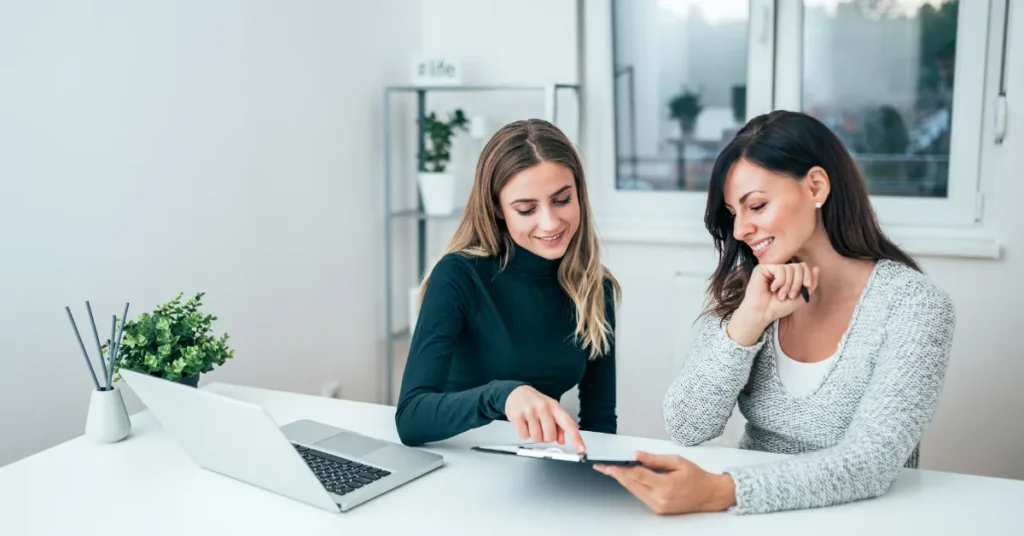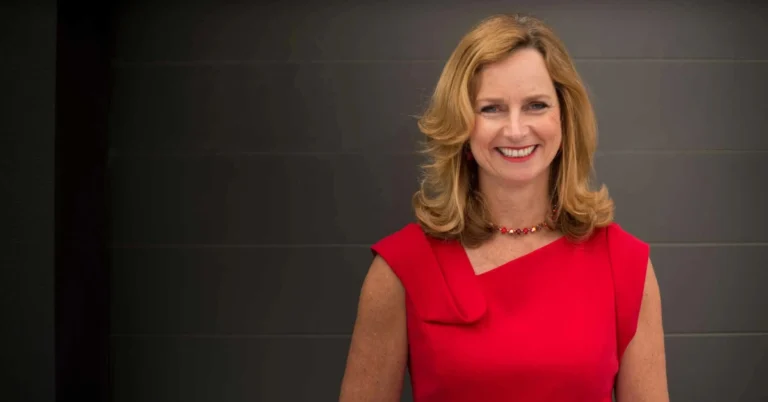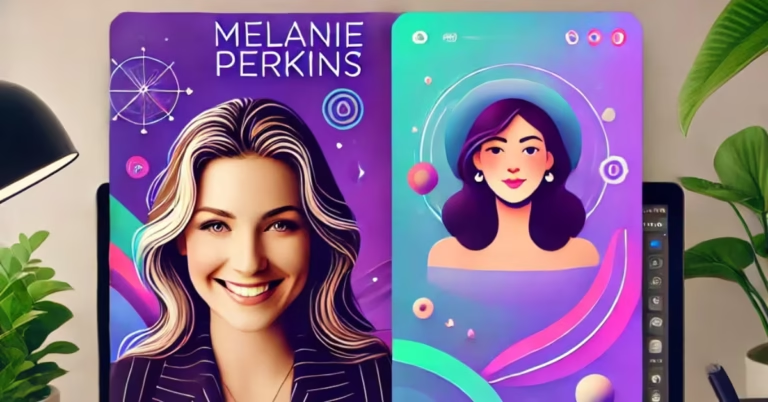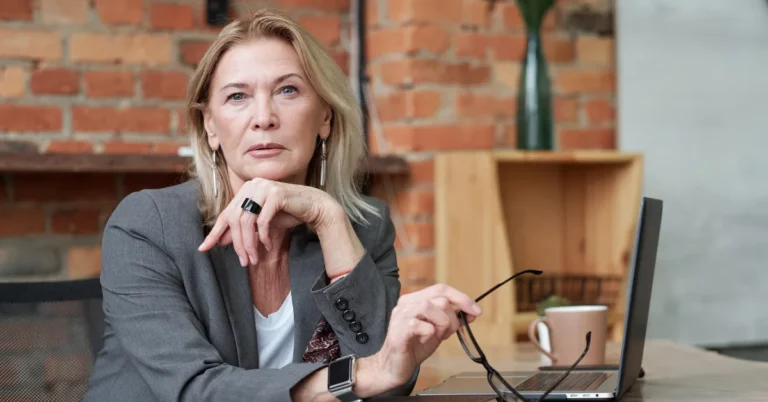Sustainability, green businesses are no longer just a buzzword—it’s a movement reshaping industries, consumer habits, and the very foundation of modern business. In Australia, 46% of consumers actively prioritize sustainability in their purchasing decisions, pushing companies to rethink their environmental impact. This shift has created a golden opportunity for innovative entrepreneurs, especially female founders, to lead the way in eco-friendly business solutions. Across the country, women are driving sustainability forward, proving that profitability and environmental responsibility can go hand in hand.

Leading the Way: Female Entrepreneurs in Sustainability
Take, for instance, Stephanie Devine, the visionary behind The Very Good Bra. After her personal experience with breast cancer, Stephanie recognized a gap in the market for comfortable, non-wired bras made from natural materials. She launched a 100% plastic-free bra, utilizing organic dyes and rubber elastic, ensuring that every component is biodegradable. Her commitment to sustainability extends beyond her products; she’s actively working on developing new compostable textile standards, setting a benchmark in the fashion industry.
Another inspiring example is Andi Lucas, founder of X-Hemp in Tasmania. Confronted with the dual challenges of environmental sustainability and affordable housing, Andi and her all-female team developed compostable building materials from hemp. Their innovative hempcrete offers superior insulation, leading to significant energy savings for homeowners. Despite facing misconceptions about hemp and funding hurdles common to female-led startups, Andi’s determination is driving change in the construction industry, promoting eco-friendly building solutions.
In addition, Jo Barrett, co-founder of Little Green Panda, is tackling plastic pollution by developing sustainable alternatives to disposable products. Her startup produces biodegradable and compostable straws made from plant-based materials, reducing plastic waste across Australia’s hospitality industry. The company has already saved millions of plastic straws from entering landfills and oceans.
Why Choose Our Australian CXO Database?
- Access 20,514+ verified CEOs, Founders, and Business Owners from 47 industries.
- Perfect for B2B outreach, sales, and market research.
- Manually verified for accuracy and high deliverability.
- Instant download – Get your database immediately.
- No subscription fees – One-time purchase, lifetime access.
Purchase Now and start connecting with key decision-makers today.

The Impact of Green Businesses on Australian Society
Women-led green businesses are playing a crucial role in shaping a sustainable Australia. With environmental issues like plastic pollution, carbon emissions, and resource depletion at the forefront, these businesses are providing innovative solutions that benefit both consumers and the planet. According to the Australian Bureau of Statistics, small businesses account for 97% of all businesses in the country, and female entrepreneurs are a growing force within this sector. Sustainable businesses not only help mitigate environmental damage but also contribute to job creation, local economies, and community well-being. The shift toward green entrepreneurship is proving that profitability and sustainability can go hand in hand.
How Women Can Start Their Own Green Businesses
For women looking to enter the sustainable business space, the opportunities are abundant. The first step is identifying a gap in the market—whether it’s eco-friendly fashion, zero-waste products, or sustainable food alternatives. Access to funding remains a common challenge, but grants such as the Women in Business Initiative and Clean Energy Finance Corporation funding provide crucial financial support. Additionally, joining accelerator programs like SBE Australia or The Impact Investment Group can offer valuable mentorship and networking opportunities. By leveraging digital platforms and community engagement, new female entrepreneurs can successfully launch and scale their green businesses, making a meaningful impact on society.
Challenges and Opportunities in Green Businesses
These pioneering women exemplify the synergy between entrepreneurship and environmental stewardship. However, the journey is not without challenges. Female entrepreneurs often encounter unique obstacles, including limited access to funding and networks. Organizations like SBE Australia are stepping in to bridge this gap, providing women with the tools, knowledge, and connections needed to scale sustainable businesses. Since 2012, SBE Australia has been instrumental in accelerating the growth of women-led ventures, fostering a community of innovators committed to sustainability.
The Future of Eco-Friendly Businesses
The momentum doesn’t stop there. Consumer trends indicate a robust and growing market for eco-friendly products. A study highlighted that 40% of consumers plan to increase their spending on sustainable products in the next three years. This surge in demand presents a golden opportunity for entrepreneurs to align their business models with sustainable practices, catering to an increasingly eco-conscious customer base.
Driving Change Through Support and Action
As we witness these developments, it’s clear that supporting and investing in female-founded, green businesses is not just a trend but a necessary step toward a sustainable future. By choosing products and services from these innovative companies, we, as consumers, play a pivotal role in promoting environmental responsibility and encouraging more entrepreneurs to embark on the path of sustainable success.


